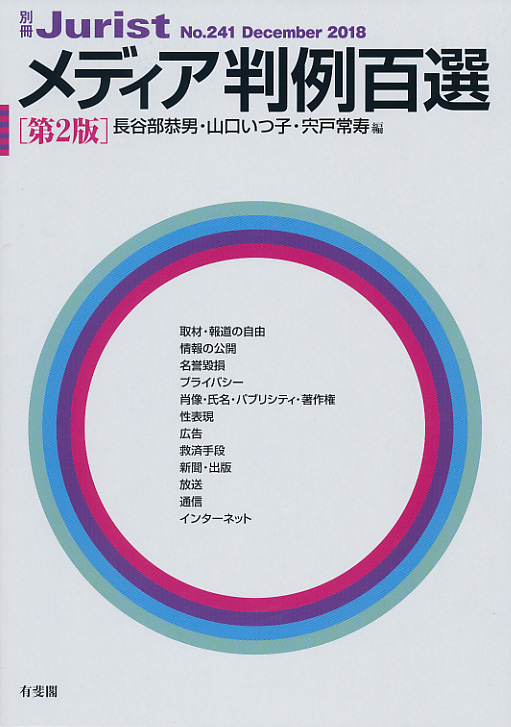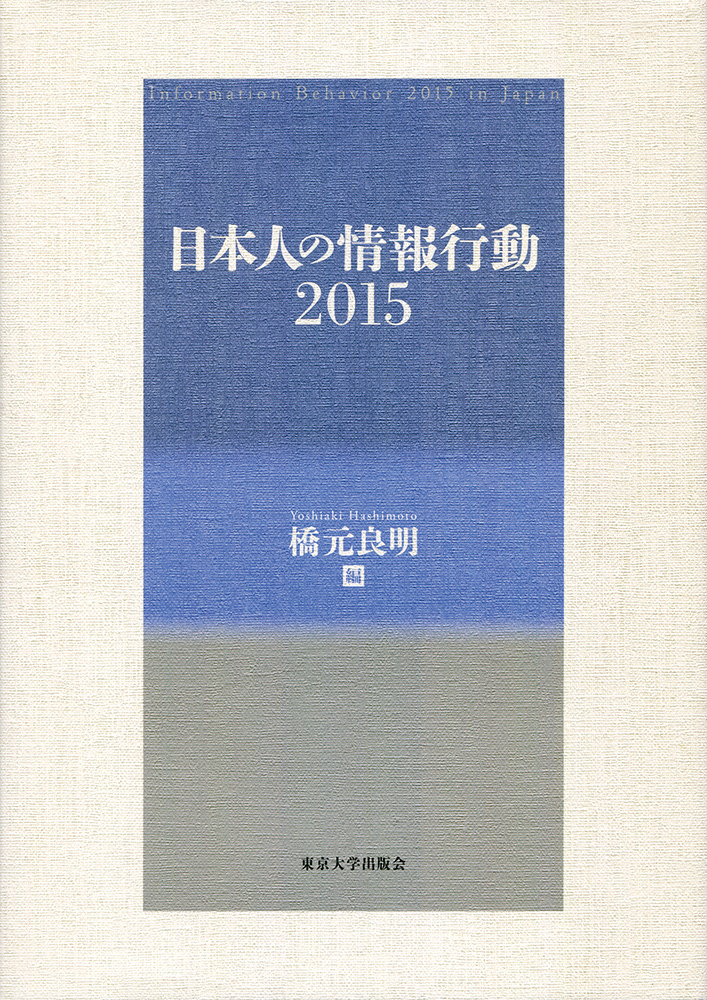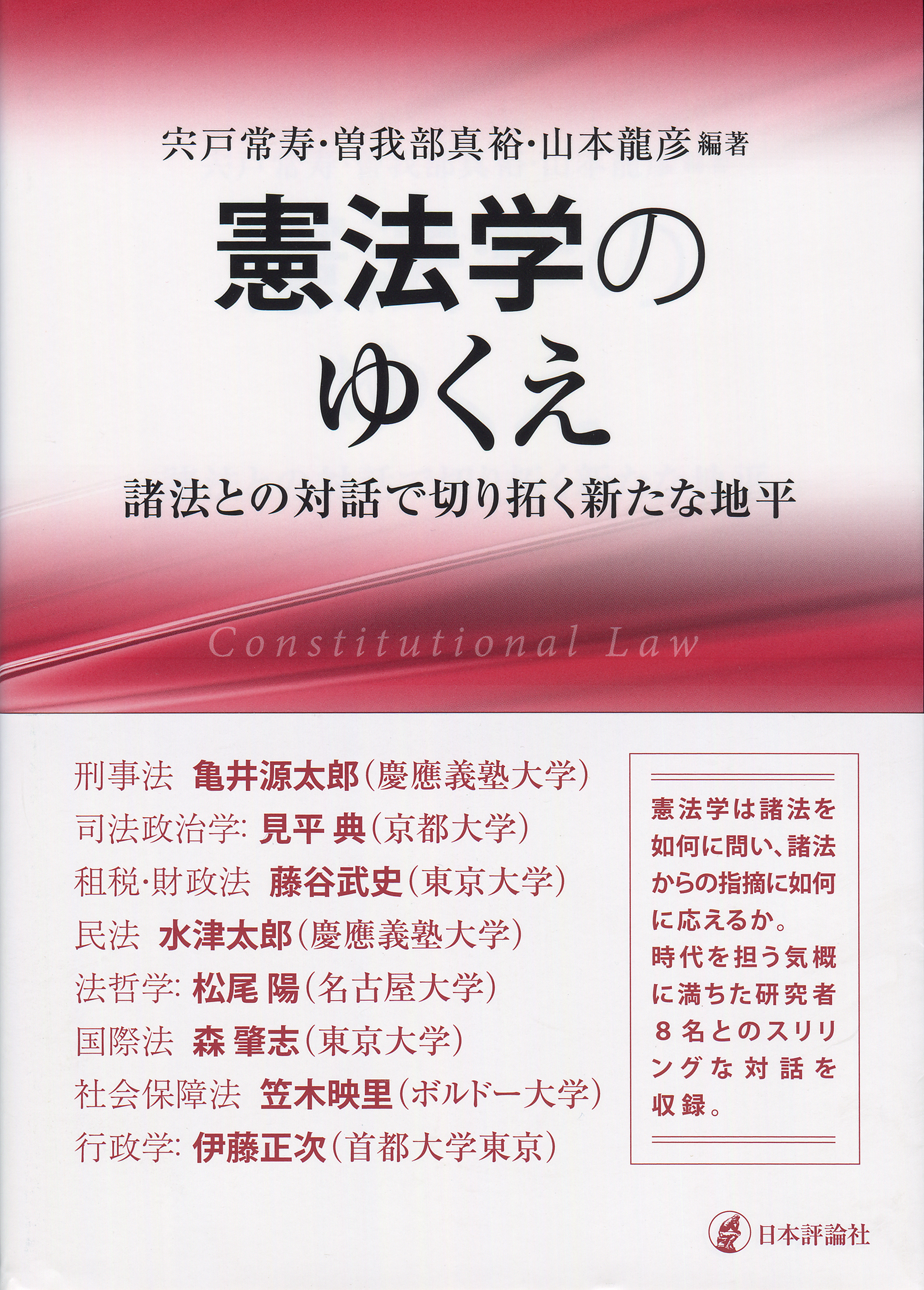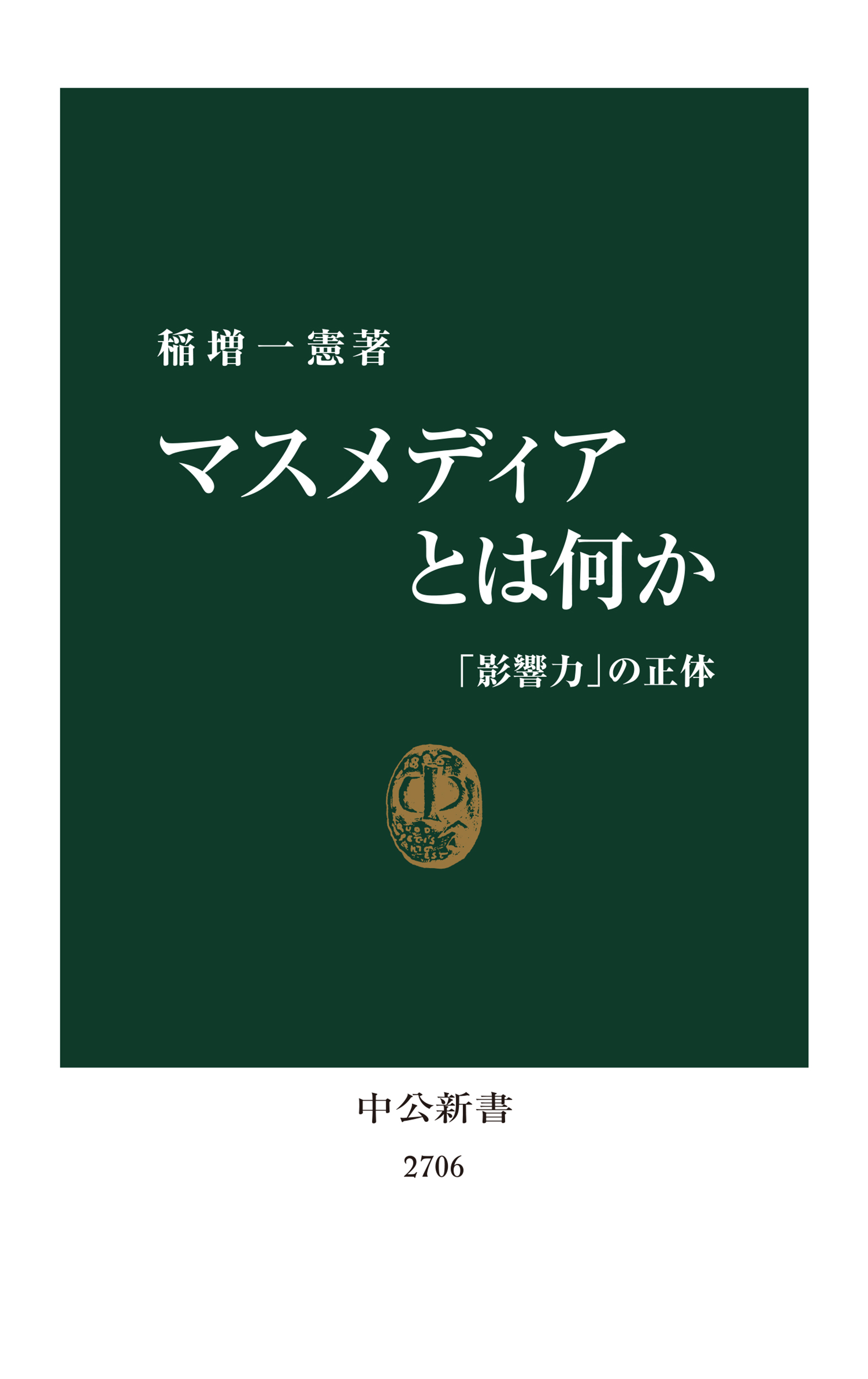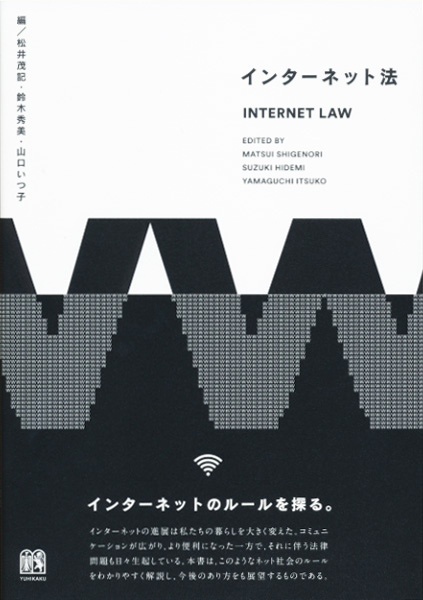
Title
Internet Ho (Internet Law)
Size
388 pages, A5 format, softcover
Language
Japanese
Released
December 25, 2015
ISBN
978-4-641-12583-4
Published by
Yuhikaku
Book Info
See Book Availability at Library
Japanese Page
Media have had a major impact on the course of history, altering social institutions and consciousness, as well as affecting the way in which people live and think. This is unsurprising considering that information is an ever-present factor in the lives of human beings. In retrospect, we see that the development of printing in the fifteenth century led to the wider circulation of the bible and facilitated the protestant reformation. Later, in the nineteenth century, the rapid advancement of telecommunications shrank people’s perception of distance not only on a national level but globally, fundamentally altering the structure and speed of economics and politics. As part of this telecommunications revolution, broadcasting came to be profoundly embedded in people’s daily lives, creating whole new genres of news coverage and entertainment. By providing a common cultural foundation widely shared throughout society, it came to define the very character of the times.
The Internet is not a distinct virtual space separate from the real world. Just like previous media, it is now a dominating force shaping our world. When new media arise, they not only introduce new content but also force us to reassess what we had once taken for granted by drawing attention to mechanisms that had previously eluded our consciousness. In this way, new forms of media collide with what had once been stable social institutions, of which the law is one very important example.
By its very nature, the legal system is relatively impervious to change. It provides a stable foundation of predictability that enables individuals to form relations of trust and engage in various social activities. At the same time, however, this means that problems of adaptation occur whenever circumstances emerge that exceed the bounds of what could be conceived at the time of the system’s initial design. The Internet has brought about precisely such previously inconceivable circumstances. In response to the various problems emerging with the development of the Internet, the law initially attempts to apply solutions within the framework of the prior state of stability – in other words, solutions predicated on the reality and thinking that had prevailed up until very recently. Eventually, however, when such solutions are stretched beyond their limits, a fundamental redesign of the legal system becomes necessary. Any redesign of the system will inevitably impact individuals’ lives and social arrangements, forcing major historical shifts. For instance, the future of Internet businesses and advanced technological research and development depends not only on legal frameworks for electronic transactions but also on rules governing who is held responsible for illegal and harmful information on the Internet and the extent to which they are held responsible. There are also serious questions over the proper balance between the competing but equally important rights to free speech and to privacy, especially with respect to the issue of the “right to be forgotten.” Major discrepancies between different countries and regions have emerged on this issue, leading to much debate about the future shape of society.
Such flux and tension brings our attention to fundamental issues that might otherwise have remained in the shadows. Current conditions require us to think about what values society should give greatest importance to, and what kind of future we should aim for. In this endeavor, we must muster forms of wisdom that go beyond the boundaries of traditional concepts. The 13 chapters of this book each deal with a specific field of law and are written by experts in each respective field. They provide an introduction to basic knowledge in each field and show how tensions are currently developing in many different areas of society. They not only discuss the technical controlling aspects of law but also demonstrate how law can contribute productively to the creation of new social arrangements. As a demonstration of the creative application of knowledge to numerous concrete cases, this book has particular significance. (Translated by David Buist)
(Written by YAMAGUCHI Itsuko, Professor, Interfaculty Initiative in Information Studies / 2017)



 Find a book
Find a book


 eBook
eBook